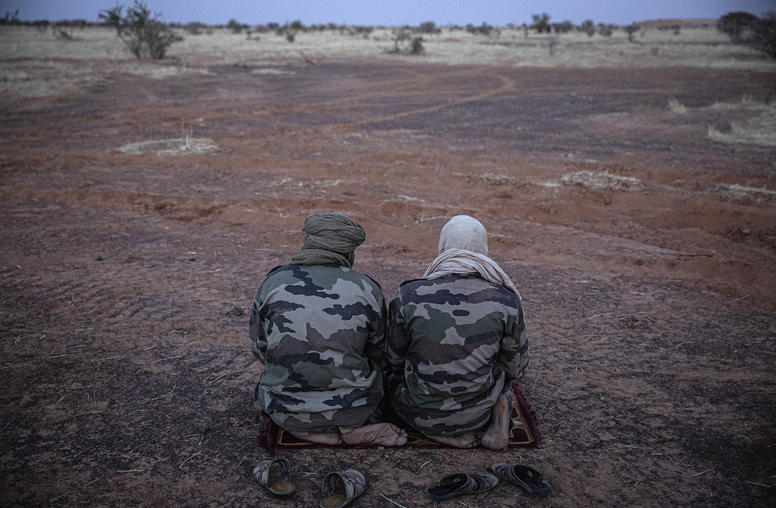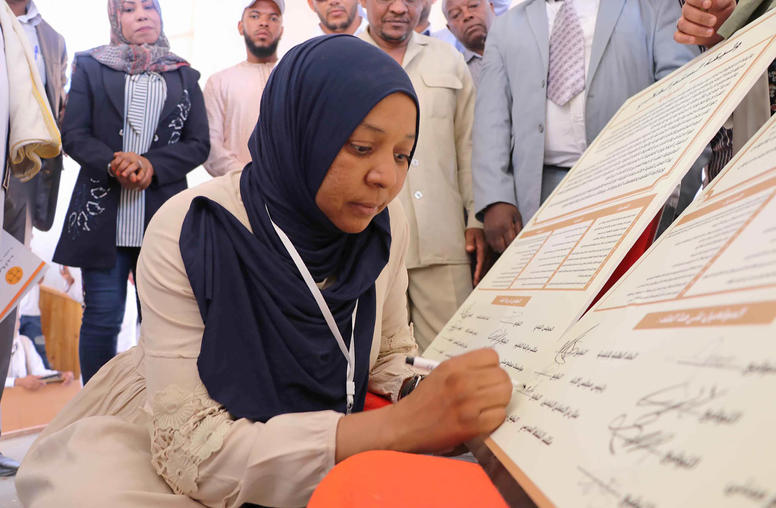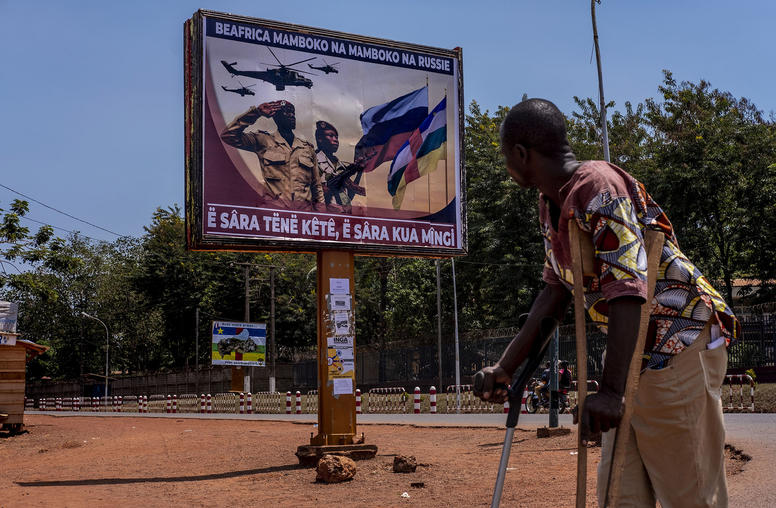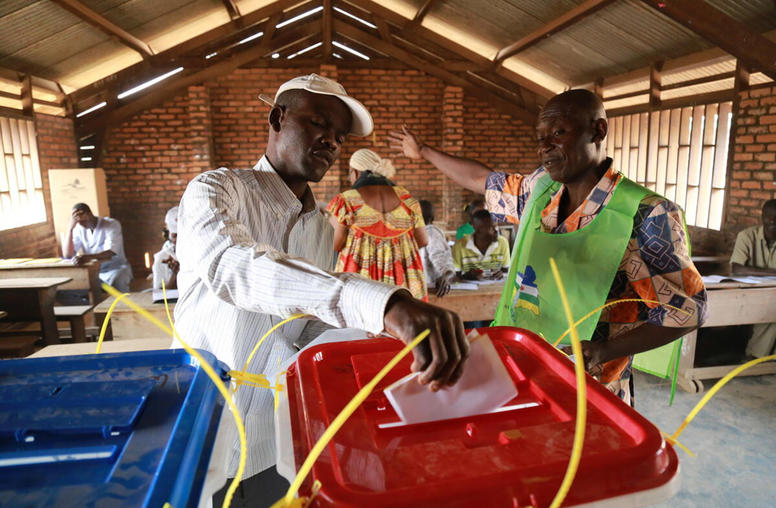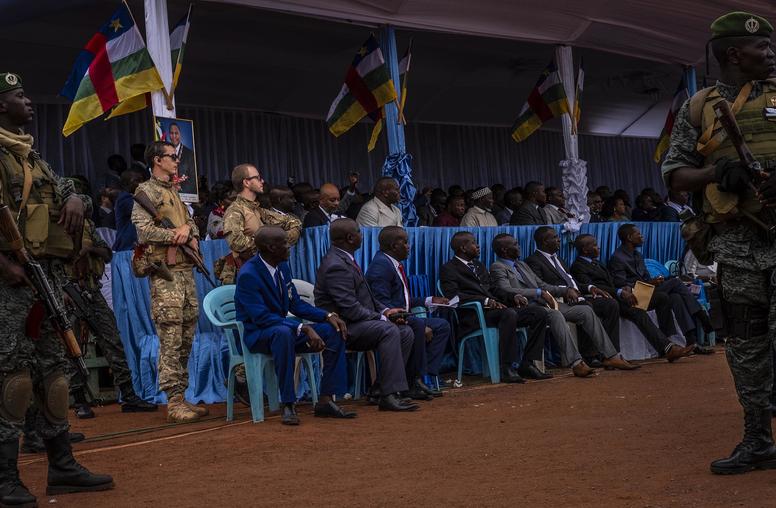Rachel Sullivan
Contact
Please submit all media inquiries to interviews@usip.org or call 202.429.3869.
For all other inquiries, please call 202.457.1700
Rachel Sullivan is a program officer with the RESOLVE Network at the U.S. Institute of Peace. Previously, she was a specialist with USIP's Africa program. Sullivan joined USIP as full time staff after one year as a graduate student research assistant with the Africa team. Prior to joining USIP, she worked with the Initiatives Team in the President’s Office at Georgetown University.
Sullivan specializes in the ongoing crisis in the Central African Republic, working with the Africa team and USIP’s IMPACT initiative. Her research interests include extremist violence, democracy and governance in Africa, hybrid authoritarian regimes and identity narratives.
Sullivan holds a master's in conflict resolution with concentrations in African politics and terrorism from Georgetown University, with some coursework completed through the University of Maryland National Consortium for the Study of Terrorism and Responses to Terrorism (START). She also holds a bachelor’s degree in political science and French language and literature from the University of Chicago, with some coursework completed through the Institut d’Etudes Politiques de Paris.
